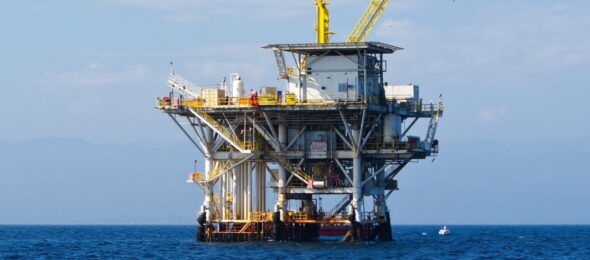European Architectural History Network Thematic Conference
Porto, September 10-13, 2025
Architects require solid ground on which to base their practice, yet oceans have always been a key element shaping the history of architecture and the built environment. This themed conference aims to shift the focus of architectural history from the land to the sea. It will address the planet’s bodies of salt water either as areas of increasing urbanization (through the building of structures such as underwater cables, oil rigs, windmills, etc.), as connectors between space and cultures (navigation routes for people and resources, transported in the form of knowledge, labour, and materials), or as an ecosystem functioning, in connection with the land, as an essential life-support system (defining climatic patterns, providing resources from food to raw materials, and securing services from carbon sequestration to large-scale habitats). The conference aims to bring together scholars representing a wide range of interdisciplinary knowledge and sets out to cover a broad chronological scope, from deep history and archaeological sources to more recent accounts of ecological decline and potential futures. Where is the architecture of the sea? To what extent does the built environment impact saltwater landscapes? What reciprocal impacts do seascapes have on the built environment?
Submission Guidelines:
The conference seeks papers that focus on processes of transformation and change, and address the following questions through a variety of historical lenses:
— Oceans as areas of urbanization:
* Structures above the sea such as windmills, underwater cables, oil rigs, and a large panoply of floating structures whose existence relies on their direct relation to the sea, rather than on land reclamation
* Artificial islands and floating constructions
* Underwater structures and concrete or fictional explorations of how to inhabit or simply build in aquatic environments
* Mythologies and world views from societies without hard barriers between land and sea, microcosms and philosophies of space deriving from the ocean space
— Oceans as connectors between space and cultures:
* Architecture and built or unbuilt devices for reconceptualizing the ocean space
* Tourism networks and underwater archaeology, from ancient cultures to modern remains
* Ships as a form that inhabits the ocean (related more to ocean history than to maritime history), and naval architecture as a source of information about ocean dynamics, currents, and climate and as a means to question terrestrial assumptions
* Bodies of water as infrastructural supports, navigation routes for people and resources, transported in the form of knowledge, labour, and materials
* The representation of the oceans through architectural means, and its aesthetic consequences
— Oceans as ecosystems:
* Architecture as a tool for resource extraction or resource management
* The relations between currents, oceanographic conditions, natural systems, and species and major architectural practices and forms
* Constructions and interventions in intertidal areas benefiting from their specific habitats and engaging with oceanic species
Proposals are to be submitted using the conference’s online platform, via a link soon available; they should include an abstract of no more than 400 words and an author’s bio (c.200 words per author).
Abstracts will be evaluated primarily on the basis of their relevance to the conference theme; innovative methods, interdisciplinary exploration, and sound research will also be taken into account. Contributions should be the result of original research and should not have been previously published or be in the process of being published elsewhere.
We welcome and encourage proposals from researchers from around the world, at any career stage and representing a broad range of disciplinary backgrounds and methodological approaches to architecture and the built environment—including but not limited to marine biology, ecology, literary studies, history, geography, archaeology, anthropology, or media studies.
For additional queries, please send an email to fish@arq.up.pt
You can also visit the conference website for further details.








